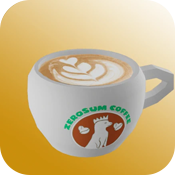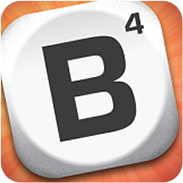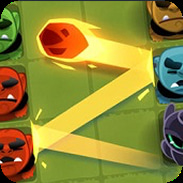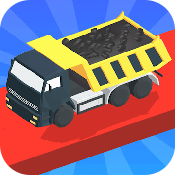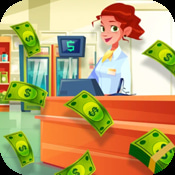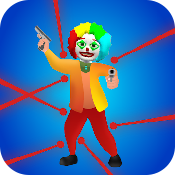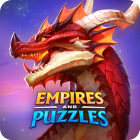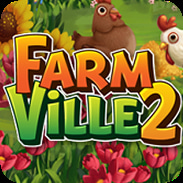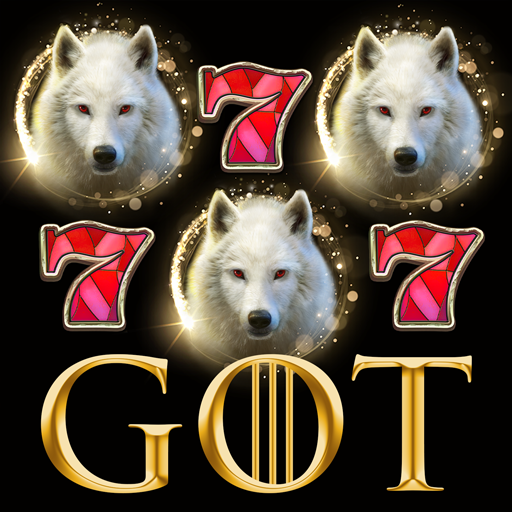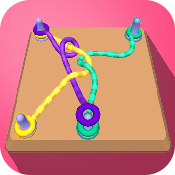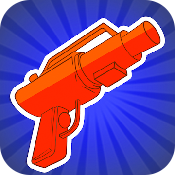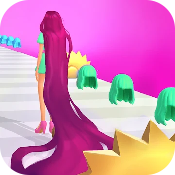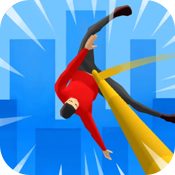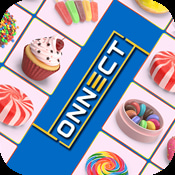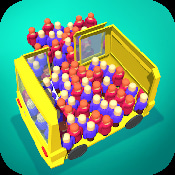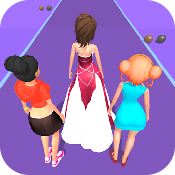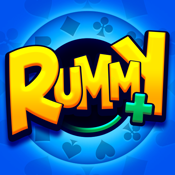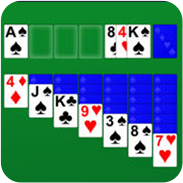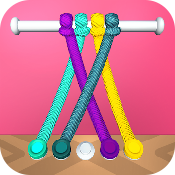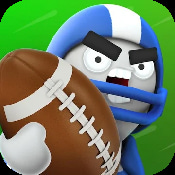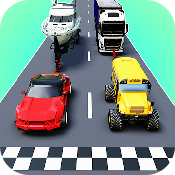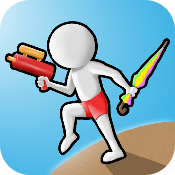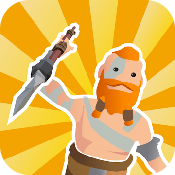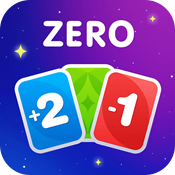HHM Employee Spotlight: Coraly Rosario
Coraly Rosario
Principal Experience Designer, Central Strike Team
Hometown: Bayamón, Puerto Rico

Last book you read/listened to: Never Whistle at Night: An Indigenous Dark Fiction Anthology and The Tusks of Extinction by Ray Nayler
What’s the best advice you can give to someone that’s just started their career?
Be patient with yourself.
If you’re pursuing a role in the games industry, remember that there’s no single path to success. It’s okay to take detours or follow unconventional routes. You might even start in one role, thinking it’s what you wanted, but realize later that another path speaks deeply to your very soul.
Many of us in the industry have experienced this—I initially wanted to be a concept artist, but discovering UX made everything fall into place. You have more skills and abilities than you realize. Don’t feel trapped by the idea that there’s only one right way to move forward. You’re not behind, and there’s no need to compare yourself to others. You’re on the right path for YOU.
What’s the best career advice you’ve been given?
At the start of my UI/UX career, there was a moment when I wasn’t sure if I was on the right path. I had many doubts about my skills and abilities—imposter syndrome was hitting hard. Additionally, I was struggling to navigate the industry, which made me fearful of taking chances.
One year, I volunteered for a booth at PAX West alongside a close friend who introduced me to Gavin Verhey. Walking back from the convention, we were discussing our career plans when he noticed my hesitation about shaping my own future. “Coraly, just do the thing.” It was so simple—just four words that might seem trivial to others. But for me, it felt like someone had turned the key to a locked door. We all heard that loud “click” as it unlatched. In that moment, I gave myself permission to exist as a game developer. Since then, I haven’t turned away from “doing the thing” that makes me happy, fulfilled, and feel like I’m making an impact in this industry.
Have you had any mentors or role models play a significant role in your career development?
While at Zynga, I’ve had the pleasure of learning from and being inspired by many of my peers. I especially look up to the engineers and tech artists I met on the Words With Friends team, including Chad Dorkin, Eric Wi, Mark Voong, Bobby Wolfe, and Sean Robitaille. Before joining Zynga, my roles were primarily focused on the strategic and visual aspects of UX and UI work. In my current role, I aim to become a more “full stack” experience designer. These peers taught me invaluable technical skills at a time when finding the balance between my own learning and career growth was particularly challenging. Their guidance has shaped my skill set, and I aspire to reach even a fraction of their talent.
Throughout my career, I’ve had several mentors who helped shape me into the UX designer I am today. I’m fortunate to have had the support of incredible humans like Nicole Lazzaro, Celia Hodent, Justin Pumpr, Trinidad Black, Lenette Posada Howard, and Alesha Unpingco. Each of them — as mentors, colleagues, and friends — has contributed to my growth, boosted my confidence, cheered me on, and inspired me to keep pursuing my passions. They’ve also shown me how to navigate this industry with grace and determination.
Whenever I face a challenge or seek to improve myself, I often ask, “How would [colleague] approach this? What would they tell me right now? How would they lovingly ”kick my butt” so I can be the best version of myself?”
How would you describe the culture at Zynga?
The support I’ve received at Zynga has been unmatched in my career. Together with my manager, we assess my strengths and areas for improvement, and then identify opportunities within the organization to apply those strengths while building new skills.
What’s great about my role on the Central Strike Team is that I can lend my support to any game team. This, in turn, allows me to learn and grow alongside some of the most talented people I’ve had the pleasure of working with at Zynga. With the “chill vibes” of the Carlsbad office, every day feels like a fresh opportunity to focus, recharge, and sharpen my skills as a developer.
What do you enjoy most about working here?
The dogs. Definitely the dogs. Hands down, the best goodest pups ever. Their humans are pretty rad, too.
How do you recognize and celebrate this heritage month?
I am passionate about making a direct impact by giving back to my community and creating opportunities for those who wouldn’t otherwise have access. I’m a co-founder of the Puerto Rico Game Developers Association (PRGDA), a non-profit focused on growing and supporting the game development community in Puerto Rico and beyond. For the past four years, during Hispanic Heritage Month, we have organized the Cafecitos Mentor Lounge, a wildly successful mentoring initiative for Latin American game developers at various career stages, connecting them with more senior professionals. This mentorship lounge has fostered invaluable relationships and opportunities for our community. Thanks to the dedication and expertise of the mentors, participants have experienced professional growth, secured sponsorships, landed interviews, and even obtained jobs.
What is it like being diverse in gaming?
It can be lonely at times, as there aren’t many other Puerto Ricans in the game industry (to be honest, I think we all know each other). Throughout my career, I’ve either been the only Latin American on my team, the only woman, or both. I’m also in a very niche role within the game industry, usually being the only UX designer on the team. Yes, I’ve experienced racism, misogyny, and, to top it off, a general misunderstanding of my role. I often find myself educating, explaining, and justifying who I am and what I do. While this can be tiring, it also fuels my determination. I adopt all the Puerto Ricans I can find and search for allies so we can empower each other. I embrace my inner Korra, loudly proclaiming, “I’m the avatar; you gotta deal with it!” The fact is, I’m not going anywhere. We’re all geeks in this industry, and we all love what we do. That unites us and lays a common ground for great work.
In what ways do you incorporate aspects of your cultural identity into your work or daily life?
One thing most Puerto Ricans share is that we are loud and proud of where we come from. We’re a tapestry of different cultures and heritages, all ingrained in our daily lives. We also value hospitality, humility, hard work, justice, and a desire for connection. While we are individualistic, we remain a united community. We serve as bridges between being from Latin America and being part of the U.S., with a robust history marked by colonization.
Growing up in these parallel worlds drives my passion to shine a light on the unique perspective of someone from my background and fuels my strong advocacy mindset for our players and peers.
What advice would you give to others on fostering inclusivity and understanding in the workplace, considering your background?
We all perceive the world differently and have biases. This arises from how our brains process information, how we interact with the world, and the environments in which we grow up, along with the people who shape us. Understanding that your experiences are not the “status quo” is the first step to being an ally and a better developer for your players.
The next step is listening to your peers. Allow their voices to be heard. If you see someone not speaking in a meeting, don’t assume they are disinterested. I had amazing supervisors who would notice when I wanted to contribute to the conversation but struggled to interrupt. They created opportunities for me to speak up. I struggle with Auditory Processing Disorder (APD), but I found it much easier to follow along—especially when multiple people are speaking—when I used whiteboards during our brainstorming sessions. These whiteboards in turn helped us stay aligned during our sessions, adding clarity to our designs and specs—wins all around.
If a coworker does amazing work, celebrate it! Let them present their designs in a team meeting. If a peer is struggling, ask what support you can provide or help them find a mentor.
Above all, ask. Often, in our desire to help and be proactive, we inadvertently undermine the wishes of those we want to assist, creating an unsafe situation for them. So, if you want to help, first ask your peers how you can best support them.
Are there any challenges or misconceptions related to your heritage that you’ve encountered in your career, and how have you overcome them?
A common stereotype I frequently encounter is the belief that all Latin Americans are the same and come from a single, homogenous culture. From the Spanish we speak to the holidays we celebrate and the food we eat, everything is often oversimplified into one generalized representation. As a result, because I’m usually the only Latin American on a team, I often become the “resident expert” on the traditions and cultures of countries I know very little about. When this happens, I encourage the team to reach out to ERG members or external consultants for guidance. I also use comparisons that may resonate more with the team; for instance, comparing the Puerto Rican accent to a Mexican accent is like comparing a New York accent to an Australian accent. Although we can understand each other, the vernacular, word meanings, inflections, dialects, and cultural contexts differ significantly. Properly celebrating and incorporating different cultures is as simple as asking those who are part of that culture.
This leads to another challenge I frequently see: the representation of Latin American characters in games. Often, a character’s heritage is generalized or leans into the same tropes seen in other games because it’s easier or quicker, which often erases whole communities in the process. This is a disservice to players. However, we’ve seen significant successes in representation over the last few years, such as in Marvel’s Spider-Man: Miles Morales. When players see the food being prepared in the kitchen—pasteles and arroz con gandules—along with the décor and the street party featuring characters dancing salsa alongside the Puerto Rican flag, they experience a sense of belonging. “Se nos hinchó el corazón”; our hearts swelled with pride for our culture. Recreating that feeling should be a goal for all developers in their work.

